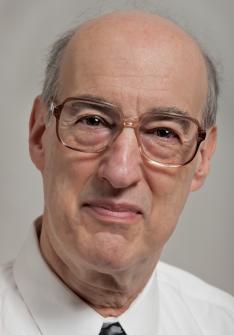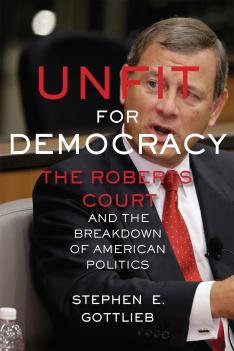The book: Since its founding, Americans have worked hard to nurture and protect their hard-won democracy, yet few consider the role of constitutional law in the country’s survival. In his new book, Unfit for Democracy: The Roberts Court and the Breakdown of American Politics, Stephen E. Gottlieb ’62 argues that constitutional law without a focus on democratic government is incoherent — illogical and contradictory.
Unfit for Democracy examines the Roberts court decisions in light of constitutional politics in India, South Africa, Europe, Canada, and elsewhere, where constitutional decisions have contributed to both the breakdown and strengthening of democratic politics. Decisions in the Roberts court, however, have aggravated the potentially destabilizing factors in our democratic government. Gottlieb warns that decisions made by the Roberts court have hurt Americans economically, politically, and in the criminal process. They have damaged the historic American melting pot and clouded the democratic future, and in light of this he calls for an interpretation of the Constitution that takes the future of democracy more seriously.
The author: Gottlieb is the Jay and Ruth Caplan Distinguished Professor of Law at Albany Law School. He has served on the board of the New York Civil Liberties Union, the New York Advisory Committee to the United States Commission on Civil Rights, and has practiced corporate law. He is the author of Morality Imposed: The Rehnquist Court and the Statue of Liberty in America.
Opening lines: “The question at the root of this book is whether history and political science have a message for the courts about how to treat American democracy. It turns out they do and what they say is extensive, important, and systematic. They put individual decisions in more significant context, and bring to the fore cases little thought about in their relationship to democracy.”
Reviews: “Gottlieb has written a stunning book about democracy, focusing on the Supreme Court through history and today, but also looking comparatively at the experience of other countries,” says Erwin Chemerinsky, professor at the University of California, Irvine School of Law.


